In industries where corrosive substances like acids, alkalis, and harsh chemicals are part of daily operations, flooring isn’t just a surface—it’s a critical line of defense. A single spill could lead to damaged floors, costly repairs, or even safety hazards for workers. That’s why acid-resistant tiles have become a game-changer for sensitive industries. These specialized tiles are designed to withstand chemical attacks, ensuring durability, safety, and long-term cost savings. Whether you’re running a chemical plant, a pharmaceutical lab, or a food processing facility, acid-resistant tiles could be the smart choice you need to protect your business.
In this in-depth, 3500-word guide, we’ll explore everything you need to know about acid-resistant tiles. From what they are and how they work to their benefits, applications, and practical tips for choosing and maintaining them, this article will equip you with the knowledge to make an informed decision. Let’s dive in and discover why acid-resistant tiles are an essential investment for industrial environments.
What Are Acid-Resistant Tiles?
Acid-resistant tiles are a type of flooring specifically engineered to resist damage from acidic and corrosive substances. Unlike regular tiles that might crack, erode, or stain when exposed to chemicals, these tiles are built to endure harsh conditions without losing their integrity. They’re a must-have in environments where spills and chemical exposure are common, offering both protection and peace of mind.
How Are Acid-Resistant Tiles Made?
The secret to their strength lies in their materials and manufacturing process. Most acid-resistant tiles are made from a blend of clay, silica, and other minerals, which are fired at extremely high temperatures—often exceeding 1,200°C (2,192°F). This creates a dense, non-porous structure that prevents liquids and chemicals from penetrating the surface. Some tiles also feature a protective glaze or coating that adds an extra layer of resistance, making them nearly impervious to acids, alkalis, and solvents.
The production process is meticulous. Manufacturers carefully control the composition and firing conditions to ensure consistency and durability. For example, porcelain-based acid-resistant tiles are known for their low water absorption rate (typically below 0.5%), which is a key factor in their ability to repel corrosive substances.
Types of Acid-Resistant Tiles
Not all acid-resistant tiles are the same—they come in various forms to suit different needs. Here’s a breakdown of the most common types:
- Porcelain Tiles: Highly dense and non-porous, porcelain tiles are a top choice for acid resistance. They’re versatile and widely used across industries.
- Ceramic Tiles: While less dense than porcelain, ceramic tiles can be acid-resistant when treated with a specialized glaze. They’re a more budget-friendly option.
- Natural Stone Tiles: Stones like granite or slate have natural resistance to some chemicals, though they may not match the performance of porcelain or ceramic in extreme conditions.
- Epoxy-Based Tiles: Made with epoxy resin, these tiles offer exceptional resistance to a broad range of chemicals and are often used in highly corrosive environments.
Each type has its strengths, and the right choice depends on your industry’s specific requirements.
Why Acid-Resistant Tiles Matter in Sensitive Industries
Sensitive industries—those dealing with chemicals, food production, or pharmaceuticals—face unique challenges when it comes to flooring. Standard tiles simply can’t handle the wear and tear of these environments. Acid-resistant tiles, however, offer a range of benefits that make them indispensable.
- Unmatched Safety
Safety is a top priority in any industrial setting. Acid-resistant tiles reduce the risk of accidents by maintaining their structural integrity even after chemical spills. Damaged floors can become slippery or uneven, increasing the chance of slips and falls. With acid-resistant tiles, you’re ensuring a stable, safe surface for your workers.
- Superior Durability
These tiles are built to last. Their resistance to chemical erosion means they won’t crack, stain, or weaken over time, even with frequent exposure to harsh substances. This durability translates to fewer replacements and a longer lifespan for your flooring.
- Cost Savings Over Time
While acid-resistant tiles may have a higher upfront cost compared to standard tiles, they pay off in the long run. Reduced maintenance, fewer repairs, and a longer replacement cycle make them a cost-effective solution. For example, studies suggest that businesses can cut flooring maintenance costs by up to 70% by switching to acid-resistant tiles.
- Aesthetic Versatility
Who says industrial flooring has to be dull? Acid-resistant tiles come in various colors, patterns, and finishes, allowing you to create a professional and appealing workspace without sacrificing functionality.
- Regulatory Compliance
Many sensitive industries are governed by strict safety and environmental regulations. Acid-resistant tiles help you meet these standards by providing a flooring solution that withstands chemical exposure and maintains a hygienic environment.
Key Industries That Rely on Acid-Resistant Tiles
Not every business needs acid-resistant tiles, but for certain industries, they’re non-negotiable. Here’s a closer look at where these tiles shine:
- Chemical Manufacturing
Chemical plants handle acids, bases, and solvents daily. A single spill could erode standard flooring, but acid-resistant tiles stand up to the challenge, protecting both the facility and its workers.
- Pharmaceuticals
In pharmaceutical labs and production facilities, chemicals and cleaning agents are used extensively. Acid-resistant tiles ensure that floors remain intact and sterile, supporting cleanroom standards.
- Food and Beverage Processing
From citric acid in fruit processing to harsh sanitizers, the food industry deals with corrosive substances regularly. Acid-resistant tiles maintain hygiene and durability in these high-demand settings.
- Laboratories
Research labs often test a variety of chemicals, making acid-resistant tiles essential for protecting floors from unpredictable spills and reactions.
- Automotive Sector
Battery acid and other corrosives are common in automotive manufacturing and repair shops. Acid-resistant tiles provide a reliable solution for these tough environments.
How to Choose the Right Acid-Resistant Tiles
Picking the perfect tiles for your facility isn’t a one-size-fits-all decision. Here’s a step-by-step guide to help you choose wisely:
Step 1: Assess Your Chemical Exposure
Start by identifying the chemicals your flooring will encounter. Sulfuric acid, for instance, requires a higher level of resistance than milder substances like vinegar. Match the tile’s resistance to your needs.
Step 2: Pick the Right Material
Porcelain is a go-to for extreme conditions, while ceramic might suffice for less intense exposure. Epoxy tiles are ideal for environments with diverse chemical challenges.
Step 3: Check Porosity Levels
Low porosity is critical—aim for tiles with a water absorption rate below 0.5%. This ensures chemicals can’t seep in and cause damage.
Step 4: Verify Certifications
Look for tiles that meet industry standards, such as ASTM C650 for chemical resistance. Certifications provide assurance of quality and performance.
Step 5: Factor in Your Environment
Temperature, humidity, and foot traffic all affect tile performance. Choose tiles that can handle your facility’s specific conditions.
Step 共和Budget Considerations
Balance cost with longevity. A slightly higher initial investment in premium tiles can save you money on repairs and replacements later.
Installation and Maintenance Best Practices
Even the best tiles won’t perform if they’re not installed and cared for properly. Here’s how to get the most out of your acid-resistant flooring:
Installation Tips
- Hire Experts: Professional installers know how to handle acid-resistant tiles, ensuring a tight, secure fit.
- Use Specialized Adhesives: Regular adhesives can break down under chemical exposure—opt for acid-resistant options instead.
- Seal the Grout: Grout lines are a weak point. Use acid-resistant grout or apply a sealant to protect them.
Maintenance Tips
- Clean Regularly: Use pH-neutral cleaners to avoid damaging the tile surface. Harsh chemicals can wear down even resistant tiles over time.
- Act Fast on Spills: Wipe up spills immediately to minimize exposure and prevent potential damage.
- Inspect Routinely: Check for cracks or wear periodically. Early repairs can extend the life of your flooring.
Real-World Examples: Acid-Resistant Tiles in Action
Let’s look at how these tiles make a difference in practice:
Example 1: Chemical Plant Upgrade
A Texas chemical plant replaced its deteriorating concrete floors with acid-resistant porcelain tiles. Within a year, maintenance costs dropped by 70%, and worker safety incidents decreased significantly. Five years later, the tiles still look and perform like new.
Example 2: Food Processing Success
A California dairy facility struggled with floor damage from acidic cleaning agents. After installing epoxy-based acid-resistant tiles, they improved hygiene compliance and extended their flooring lifespan by a decade.
Example 3: Laboratory Resilience
A university lab in the UK switched to acid-resistant ceramic tiles after repeated spills damaged their old flooring. The new tiles have withstood everything from hydrochloric acid to organic solvents, saving the lab thousands in replacement costs.
Digging Deeper: The Manufacturing Process
Curious about how these tiles are made? The process starts with raw materials like clay and silica, which are ground into a fine powder. This mixture is then shaped into tiles and fired in a kiln at high temperatures. For added resistance, some tiles undergo a second firing with a glaze application. Quality control checks ensure each batch meets strict standards for density, porosity, and chemical resistance. It’s a blend of science and craftsmanship that results in a product built to protect.
Environmental Impact of Acid-Resistant Tiles
Sustainability matters, even in industrial flooring. Acid-resistant tiles can be eco-friendly—porcelain and ceramic are often made from natural, abundant materials, and their long lifespan reduces waste. Some manufacturers also recycle production scraps, lowering their environmental footprint. Choosing durable tiles means fewer replacements, which cuts down on resource use over time.
Comparing Acid-Resistant Tiles to Other Flooring Options
How do acid-resistant tiles stack up against alternatives like concrete or vinyl? Concrete is affordable but porous, making it prone to chemical damage. Vinyl is flexible but wears out quickly under harsh conditions. Acid-resistant tiles outperform both in durability and chemical resistance, though they come at a higher initial cost. For sensitive industries, the trade-off is worth it.
Expert Insights on Acid-Resistant Tiles
Industry professionals agree on their value. “Acid-resistant tiles are a no-brainer for chemical-heavy environments,” says John Carter, a flooring consultant with 20 years of experience. “They’re an investment in safety and efficiency that pays off year after year.” Another expert, Sarah Lin, a materials engineer, adds, “The technology behind these tiles has evolved—they’re tougher and more versatile than ever.”
Frequently Asked Questions
Are Acid-Resistant Tiles Slippery?
Not necessarily. Many come with textured surfaces to improve grip, though you should check slip-resistance ratings for your specific needs.
How Long Do They Last?
With proper care, acid-resistant tiles can last 10-20 years or more, depending on the environment and maintenance.
Can They Handle All Acids?
Most are designed for common industrial acids like sulfuric or hydrochloric, but always confirm compatibility with your specific chemicals.
Conclusion
Acid-resistant tiles are more than just flooring—they’re a strategic asset for sensitive industries. They offer unmatched protection against corrosive substances, enhance safety, and deliver long-term savings that justify their cost. Whether you’re safeguarding a chemical plant, a lab, or a food processing unit, these tiles provide the durability and reliability your business demands.
Ready to protect your floors and your bottom line? Start by assessing your needs, exploring tile options, and consulting with experts. Acid-resistant tiles aren’t just a smart choice—they’re the foundation of a safer, more efficient operation. Take the next step today and invest in flooring that stands the test of time and chemistry.
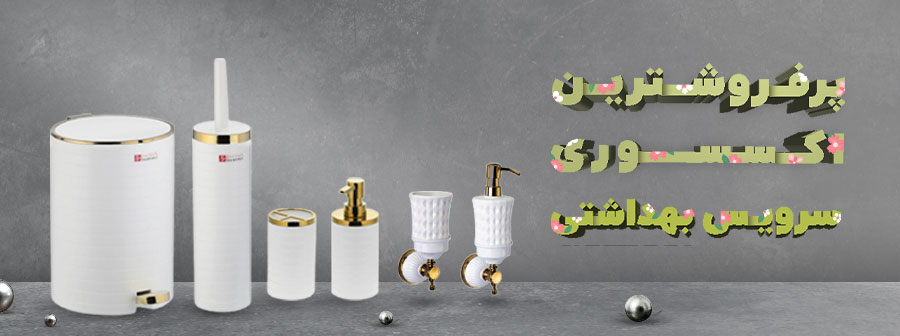
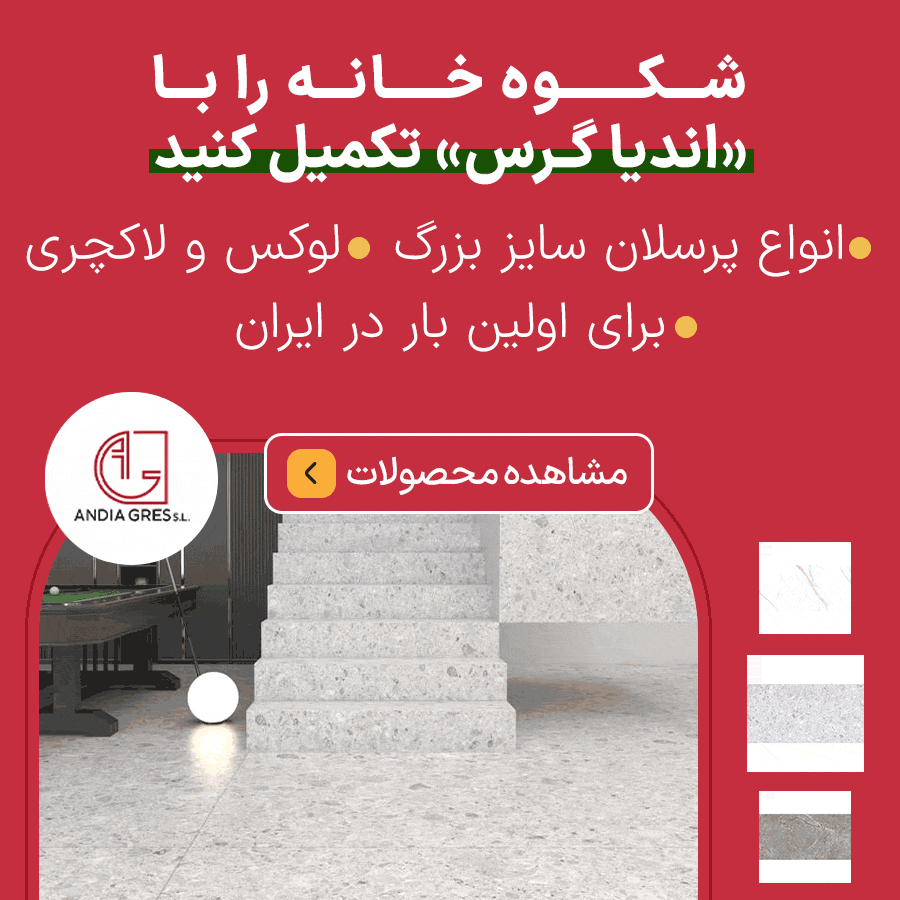
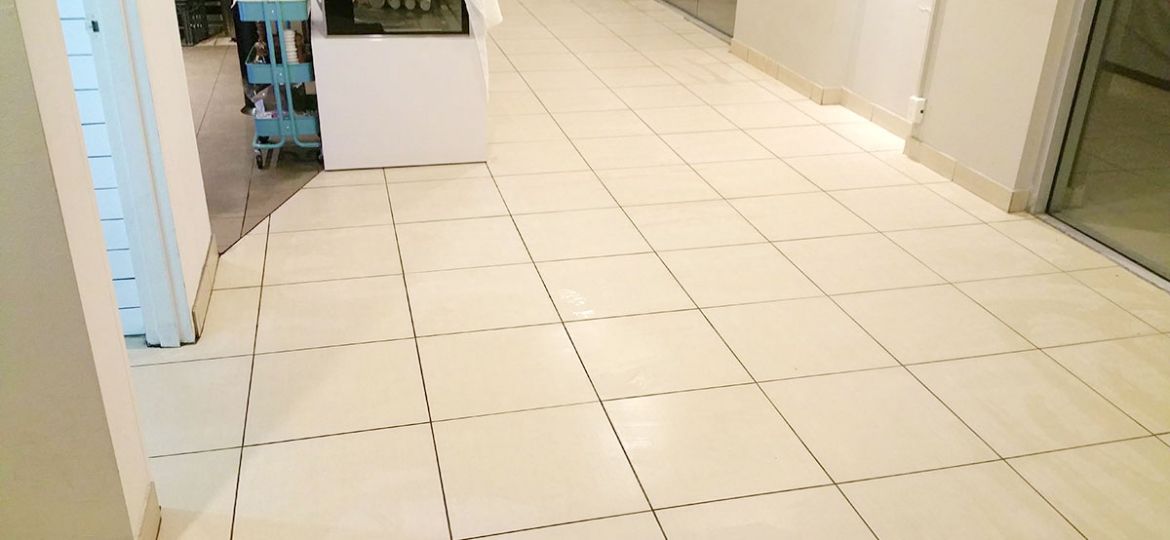
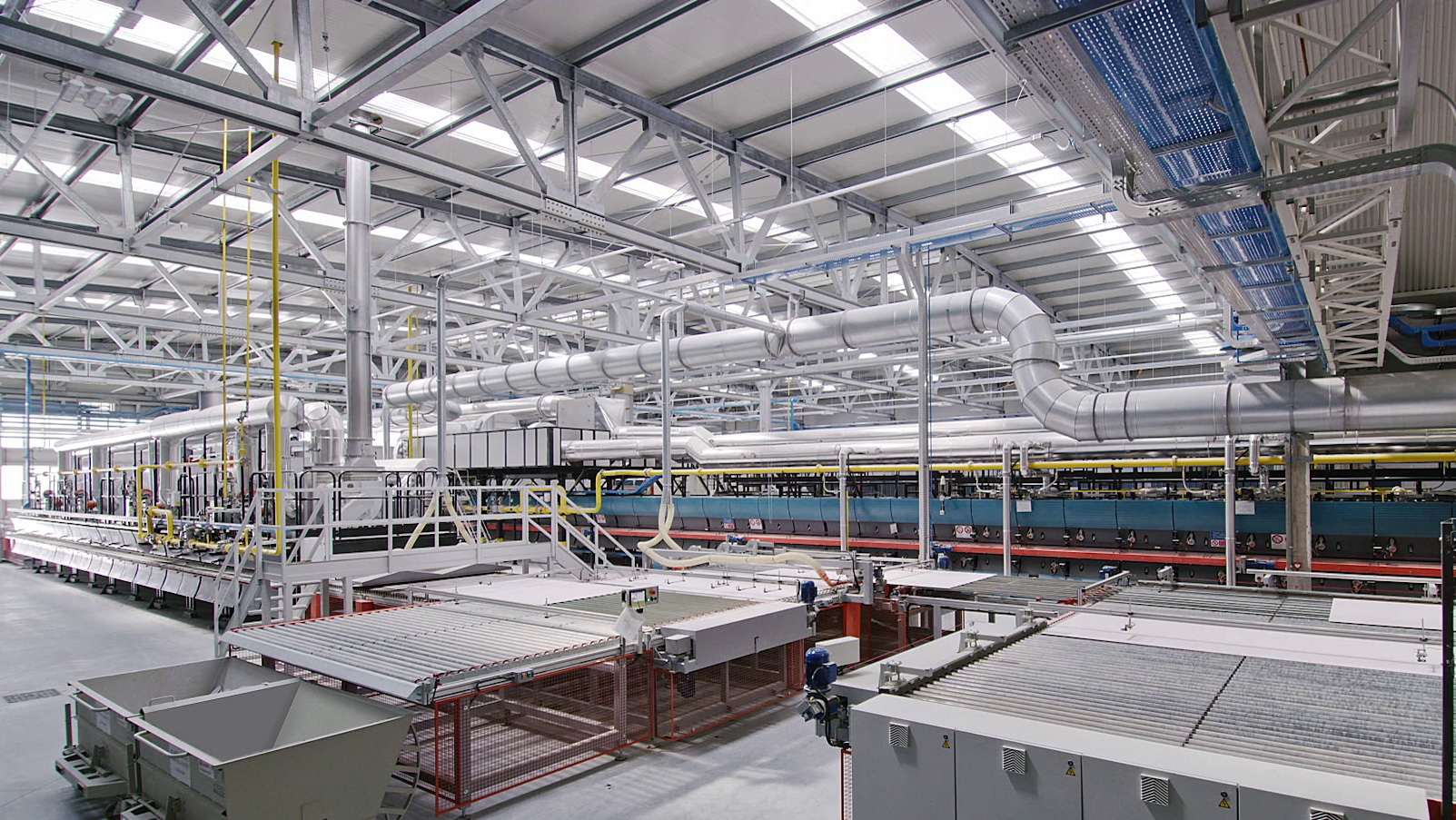
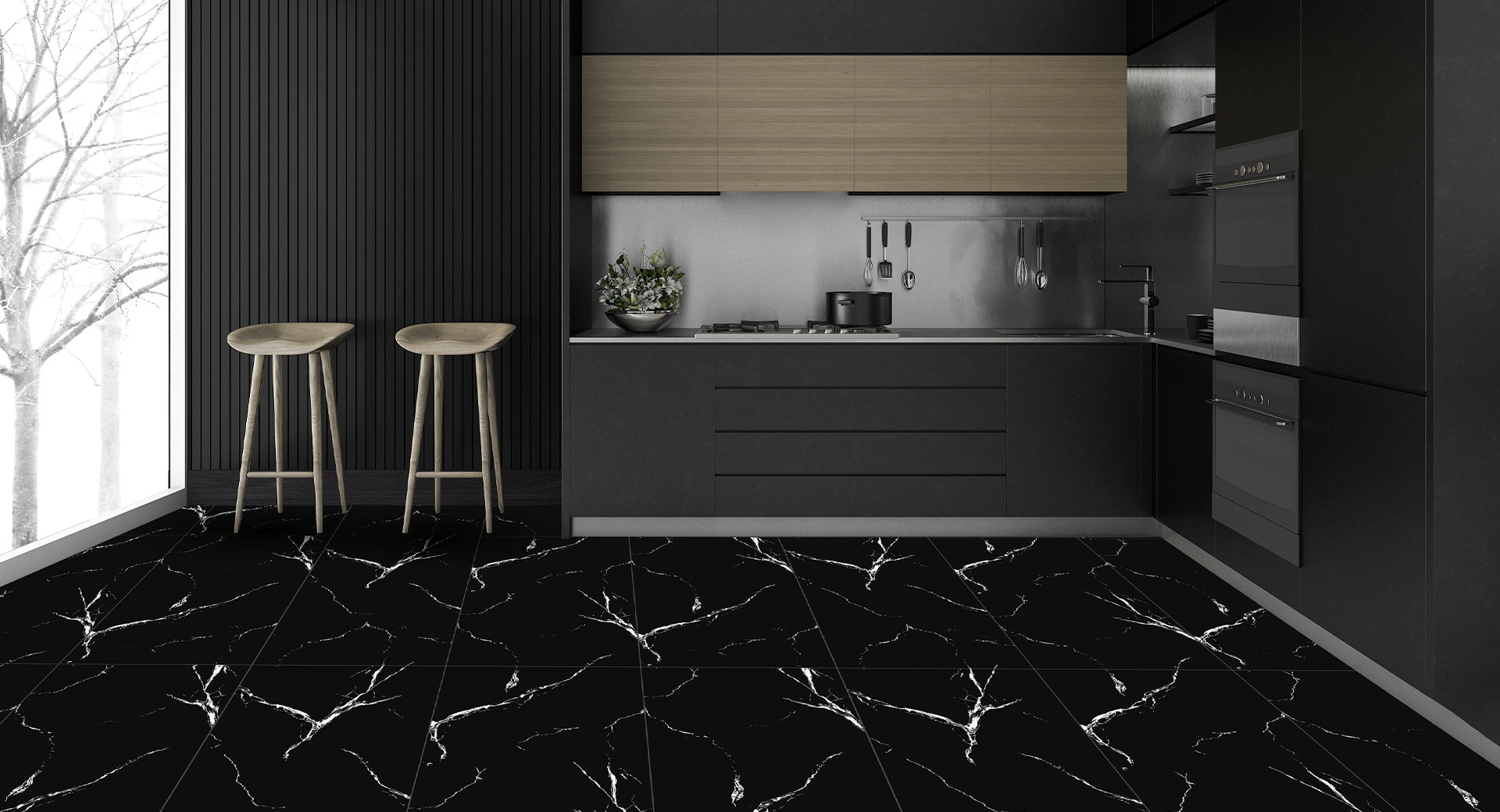
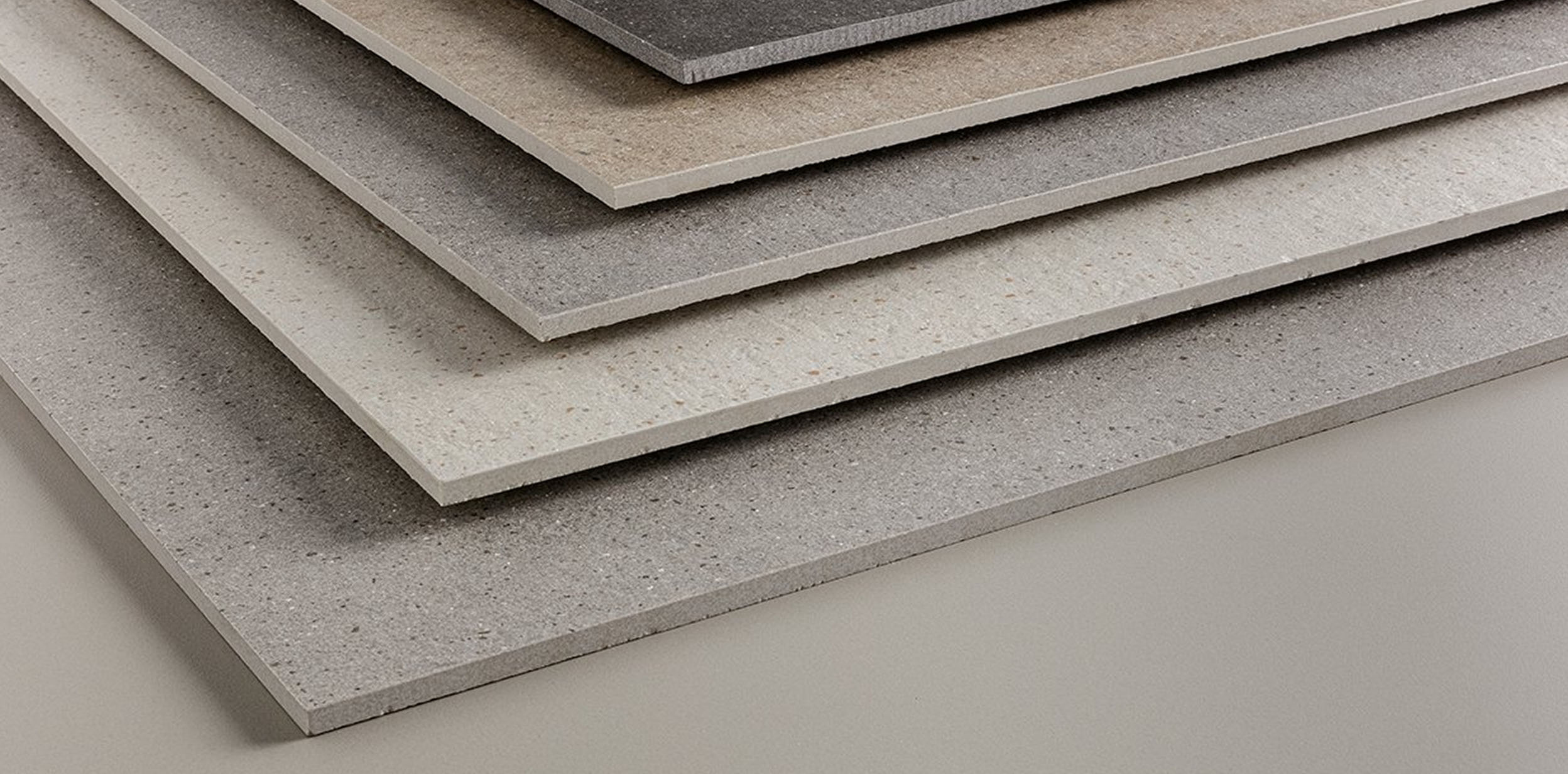
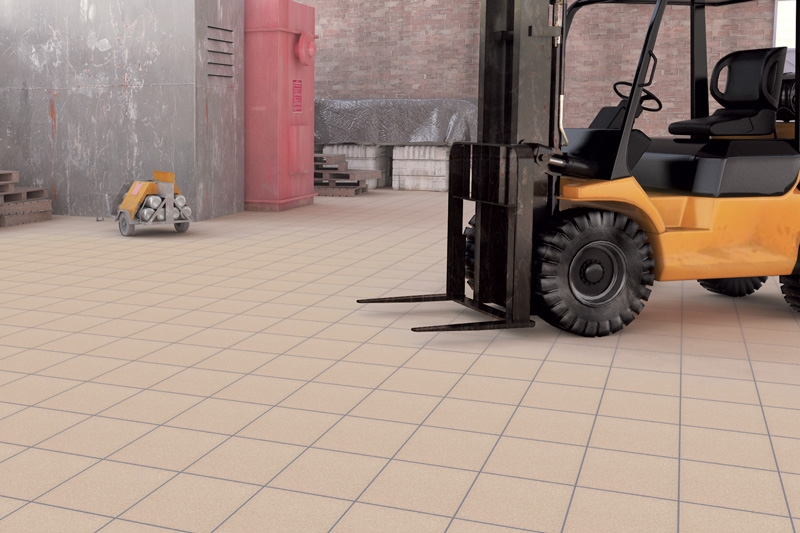
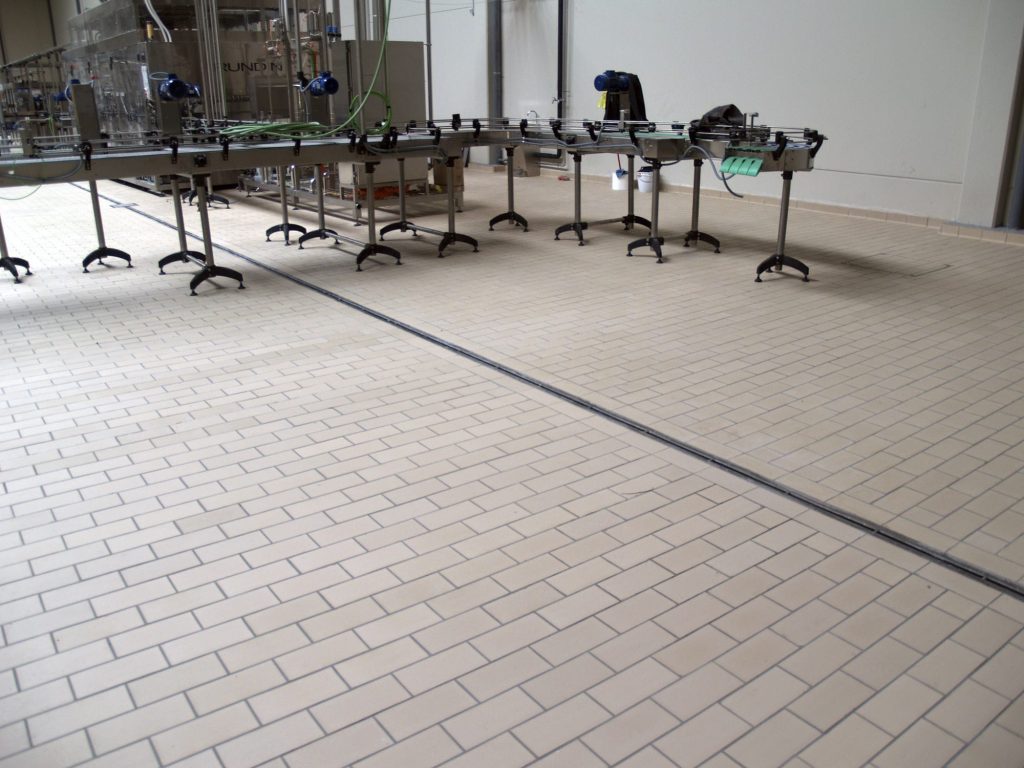
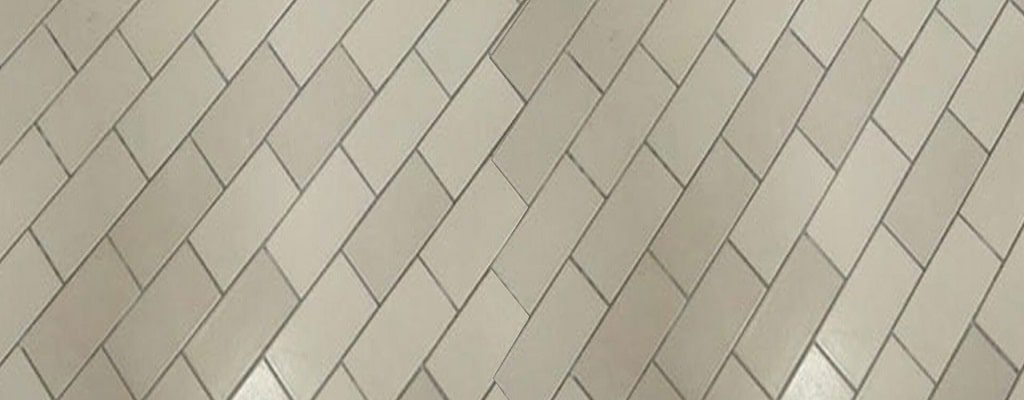
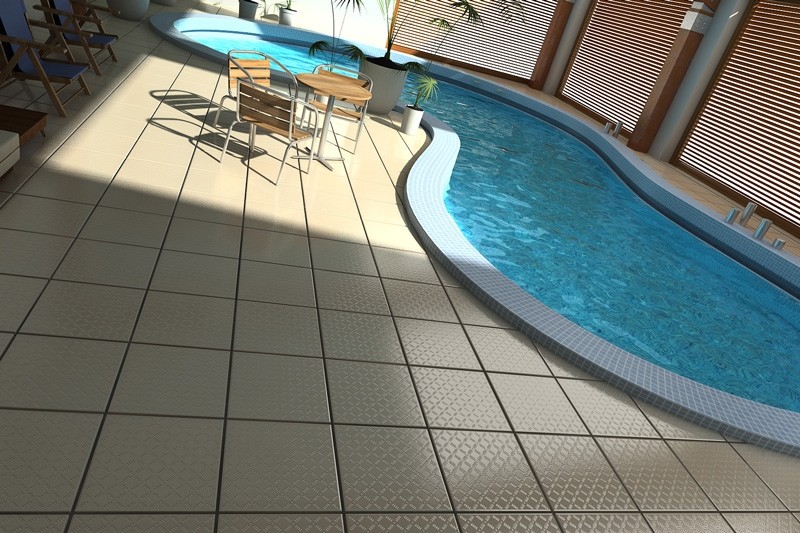

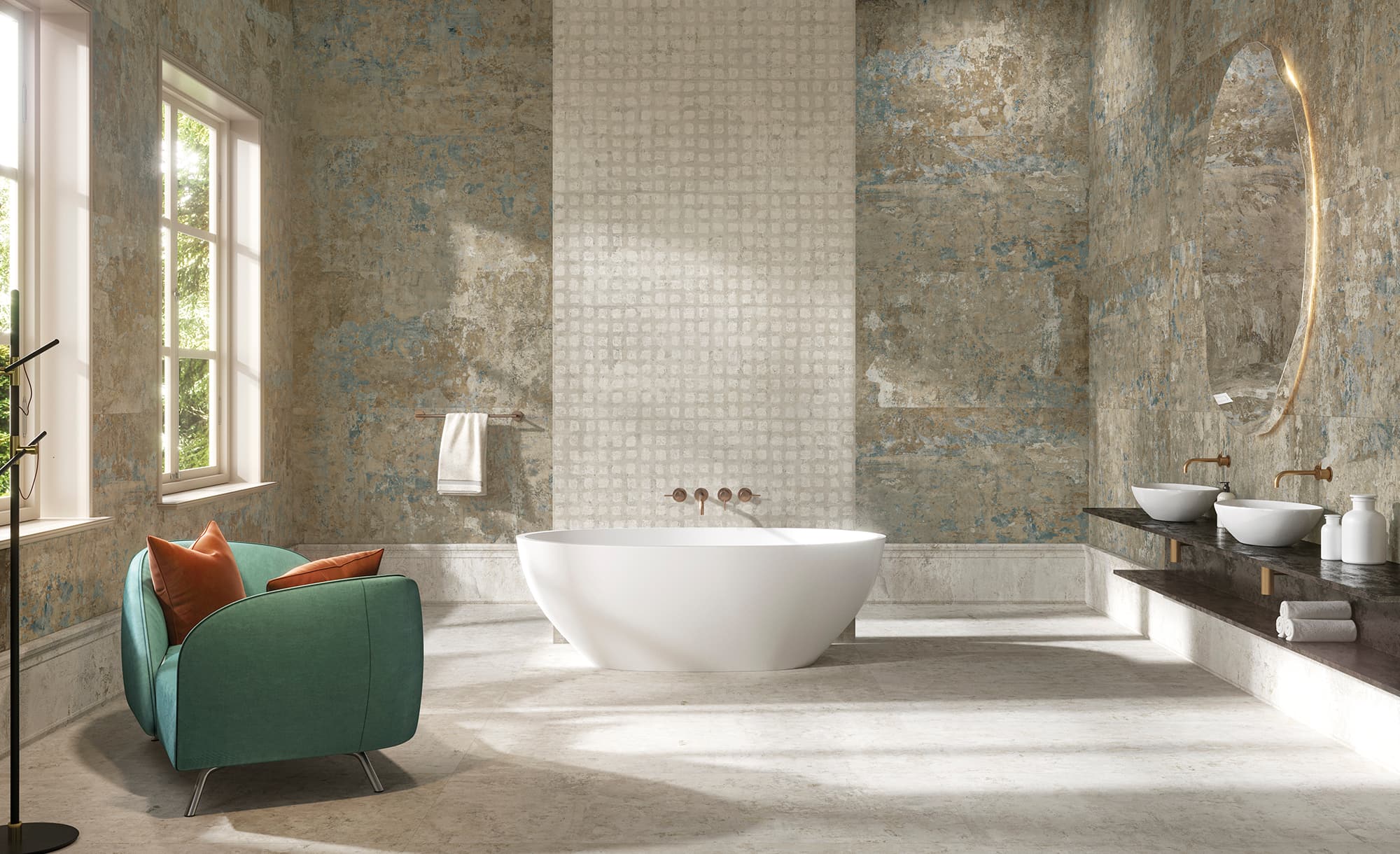



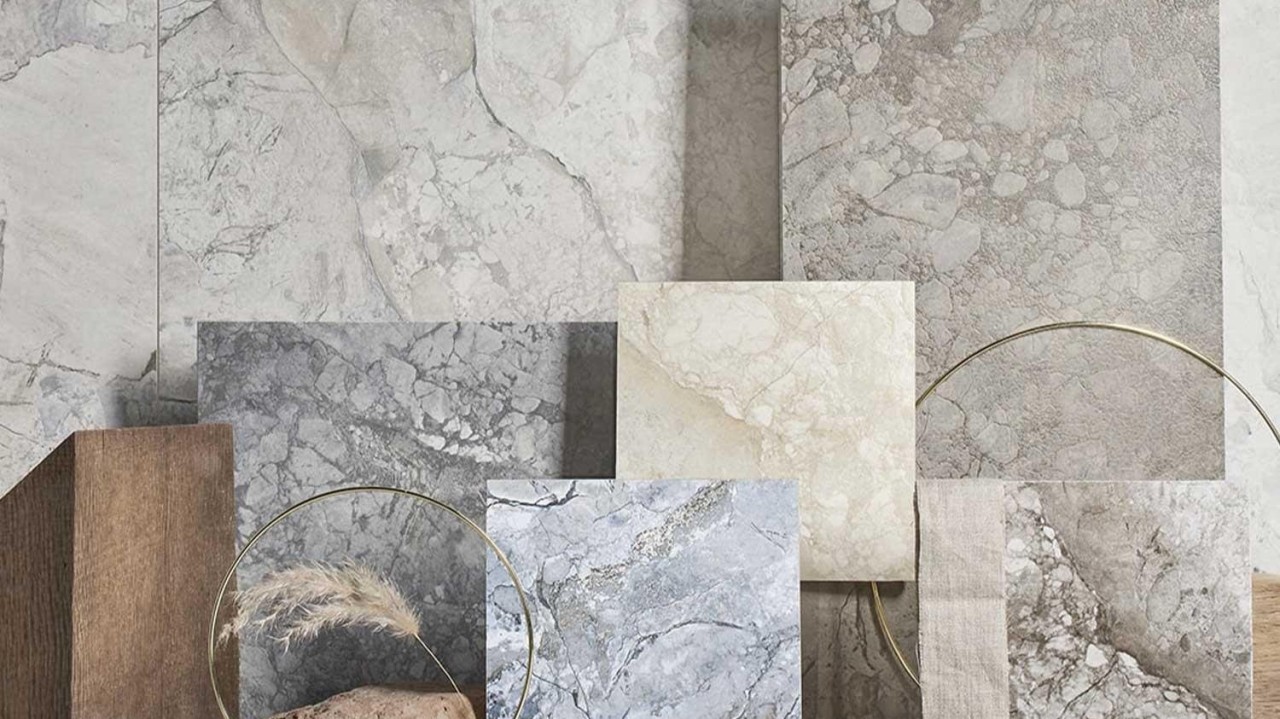
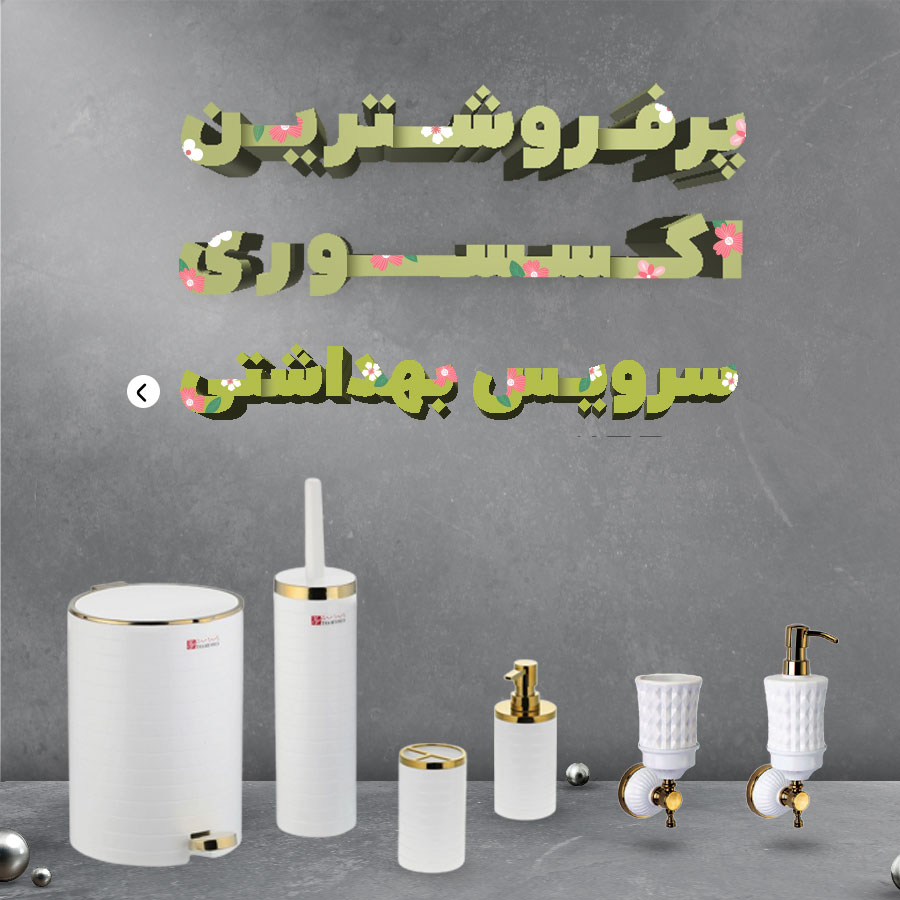

نظرات ۰